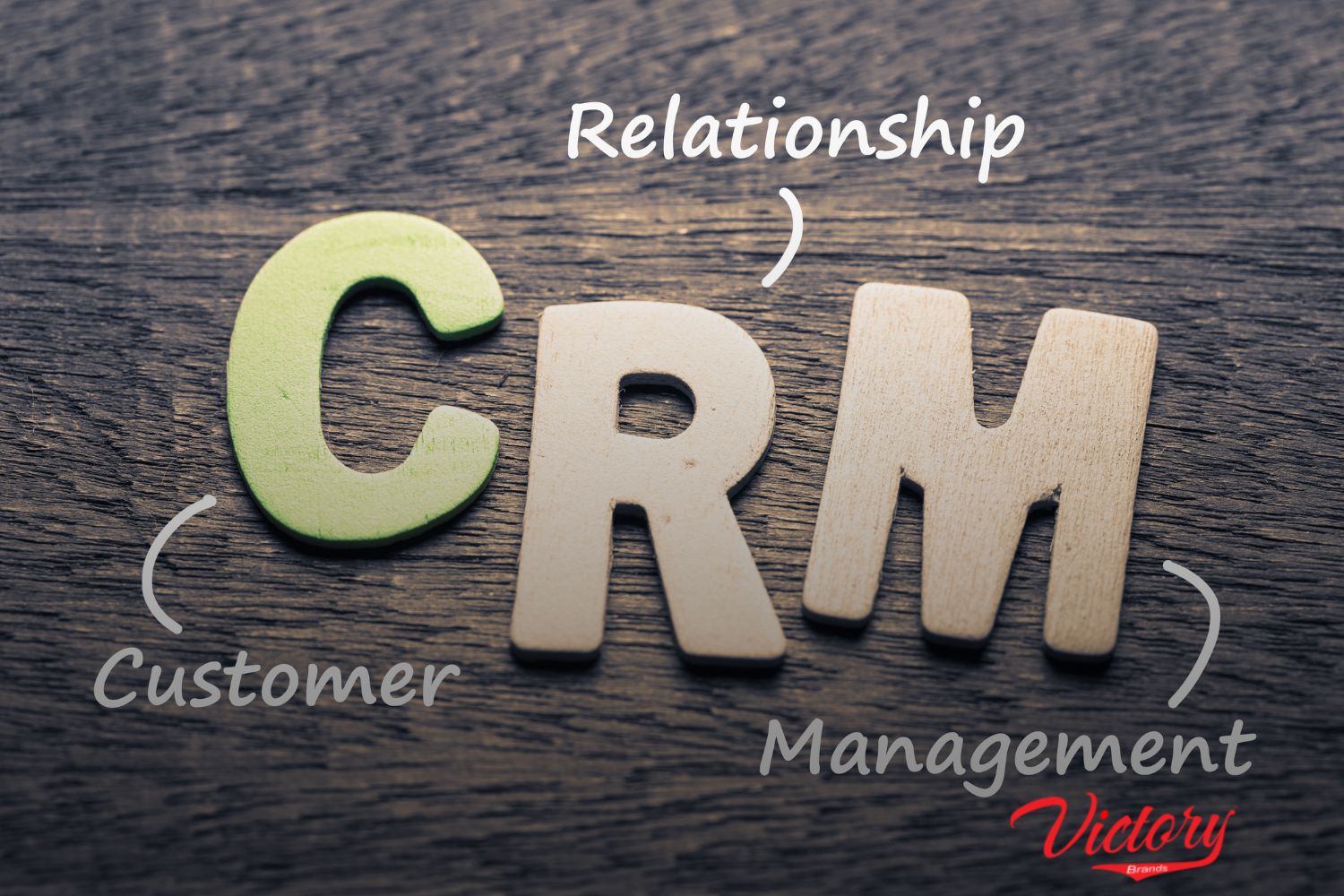How Custom CRM Software Can Transform Customer Relationships

How Custom CRM Software Can Transform Customer Relationships

In the digital age, managing customer relationships effectively is paramount for business success. While off-the-shelf CRM solutions offer standard features, custom CRM software takes customer engagement to the next level. It tailors the system to meet unique business needs, ensuring seamless communication and personalized experiences.
This article explores how custom CRM software can revolutionize your approach to customer relationships, boost engagement, and drive growth.
What is Custom CRM Software?
Custom CRM software is a personalized customer relationship management system crafted to address the specific requirements of a business. Unlike generic platforms, it integrates seamlessly with your operations, allowing you to customize features, workflows, and analytics. Whether you’re a small business or an enterprise, custom CRM software adapts to your goals, enhancing efficiency and customer satisfaction.
Key Benefits of Custom CRM Software
1. Personalized Customer Interactions
Custom CRM software enables personalized communication by integrating customer data across touchpoints. Whether tracking purchase history or analyzing preferences, it helps businesses deliver tailored experiences that foster loyalty.
2. Enhanced Operational Efficiency
With custom workflows and automation, businesses can streamline repetitive tasks. Automated follow-ups, lead management, and data entry reduce time and errors, allowing teams to focus on value-added activities.
3. Scalability to Match Business Growth
Custom CRM solutions are designed to scale, adapting to your business as it grows. As you expand, new features can be added to support increasing demands without disrupting operations.
4. Improved Data Security
With custom-built systems, businesses have more control over data security. Features like encrypted data storage and restricted access ensure compliance with regulations and protect sensitive customer information.
Real-Life Applications of Custom CRM Software
Sales Optimization
Custom CRM tools enable sales teams to prioritize leads more effectively using advanced analytics. By segmenting customers based on their buying behavior, sales representatives can focus on prospects most likely to convert.
Tailored Marketing Campaigns
Marketing teams can create personalized campaigns using detailed customer insights. By tracking engagement metrics, they can adjust strategies in real-time for better ROI.
Customer Support Excellence
Integrating custom CRM software with customer service platforms ensures quicker issue resolution. Automated ticketing systems and customer histories help agents provide prompt, context-driven support.
Inventory and Resource Management
For industries like retail or manufacturing, custom CRM software can integrate inventory management, helping track stock levels and streamline supply chains.
Choosing the Right Custom CRM Solution
- Define Objectives: Understand your business needs and goals. Pinpoint the areas where CRM software can deliver the greatest value and drive the most significant improvements.
- Assess Scalability: Make sure the solution can expand alongside your business.
- Focus on Integration: Choose a system that integrates with existing tools and platforms for seamless operation.
- Consider Vendor Expertise: Opt for experienced vendors who can design and implement custom features tailored to your industry.
Conclusion
Custom CRM software transforms businesses by enhancing customer relationships and boosting operational efficiency. Offering personalized experiences, scalable solutions, and robust analytics helps companies stay ahead in a competitive market. Investing in a custom CRM solution boosts customer satisfaction and fosters sustainable growth.
Frequently Asked Questions
Custom CRM software is tailored to specific business needs, offering unique features and integrations, while standard CRM software provides general solutions that may not align perfectly with your requirements.
Implementation times vary depending on complexity but typically range from a few weeks to several months, including customization and training.
Absolutely! Custom CRM software helps small businesses streamline processes, enhance customer interactions, and scale effectively as they grow.
Although custom CRM solutions may require a higher upfront investment than prepackaged options, their long-term advantages—such as enhanced efficiency and customized capabilities—frequently justify the cost.
Industries like retail, healthcare, real estate, and manufacturing see significant benefits from custom CRM solutions due to their need for tailored workflows and data management.
Share:
Categories
- Brand Strategy
- Business Growth
- Business Strategy
- Content Marketing
- Custom Software Development
- Customer Relationship Management
- Digital Advertising
- Digital Marketing for Startups
- Digital Marketing Strategy
- E-Commerce
- Email Marketing
- Future Marketing
- Influencer Marketing
- Lead Generation
- Mobile Optimization
- Pay Per Click (PPC)
- SEO
- Social Media Marketing
- Social Media Marketing
- Social Media Trends
- Software Development
- Startup Strategies
- Technology
- User Experience (UX)
- Venture Development
- Video Marketing
- Web Design
- Website Design
- Website Optimization
Latest Post
- SEO Best Practices for Modern Website DesignIn the competitive digital landscape, a well-designed website is not just about…
- Why Storytelling is Crucial for Effective Brand StrategyIn a world inundated with advertisements and messages, cutting through the noise…
- How to Conduct a Competitive Analysis for Brand Strategy SuccessIn today’s crowded marketplace, distinguishing your brand is essential for success. One…
Other Blogs




